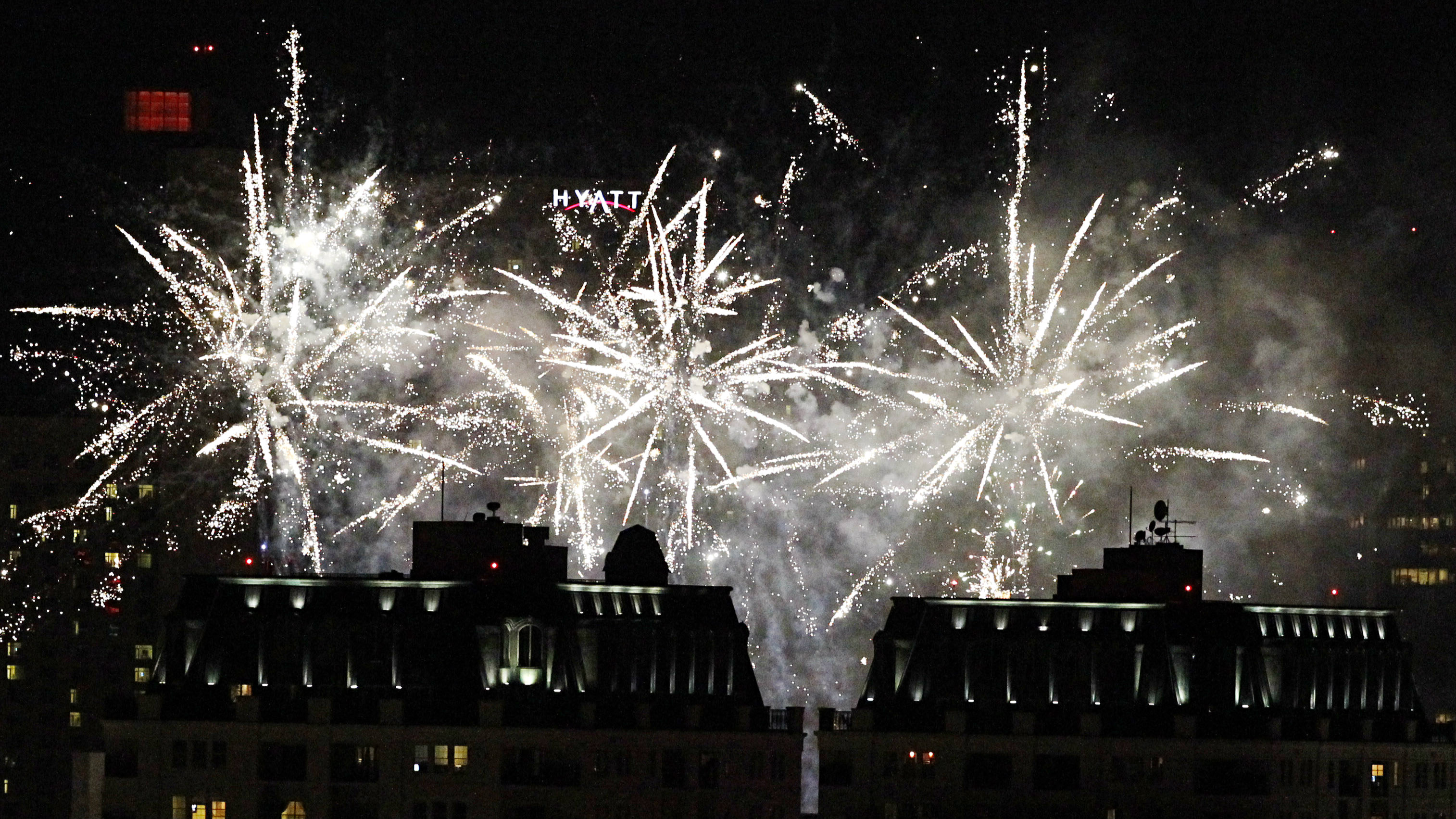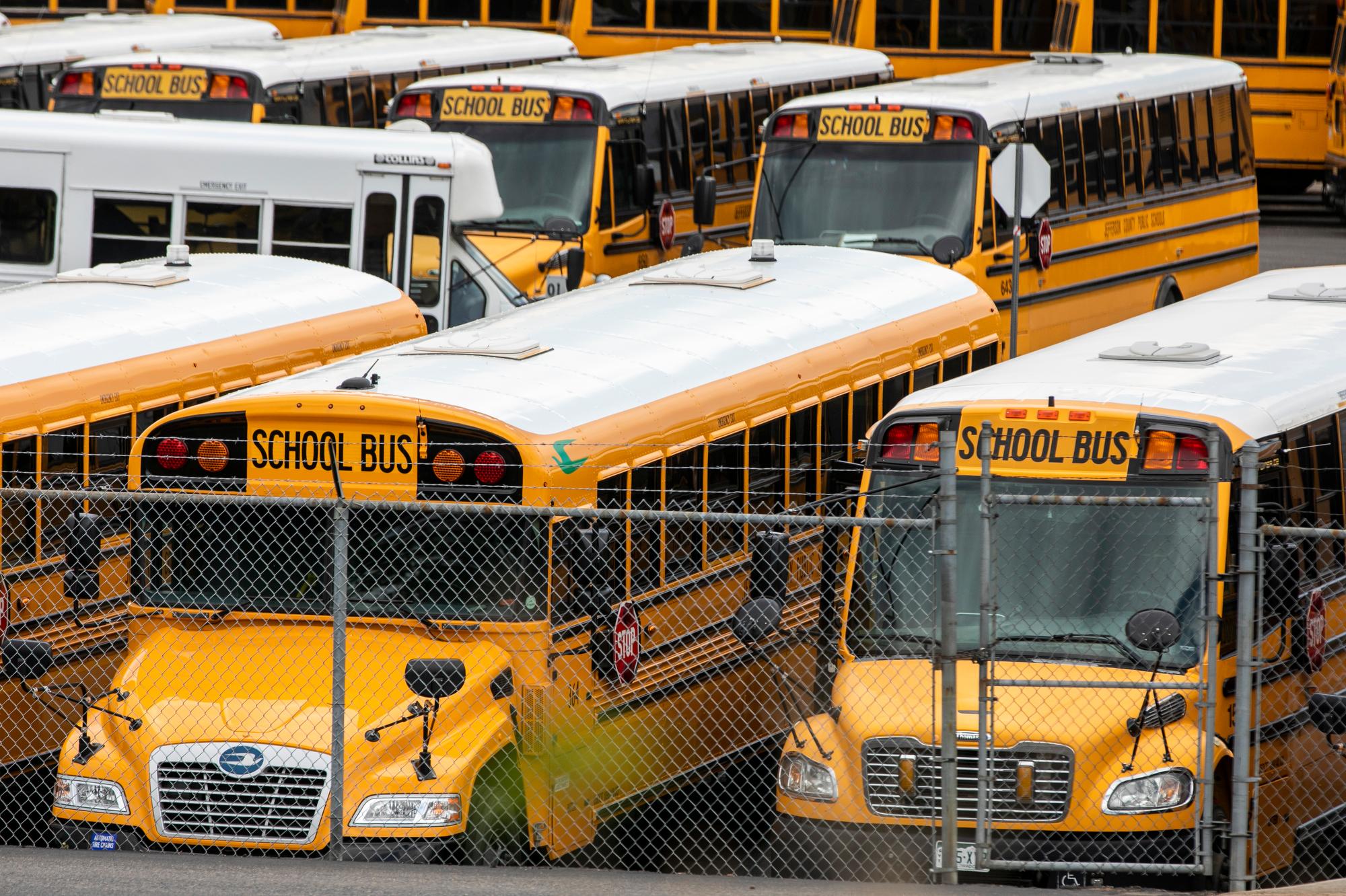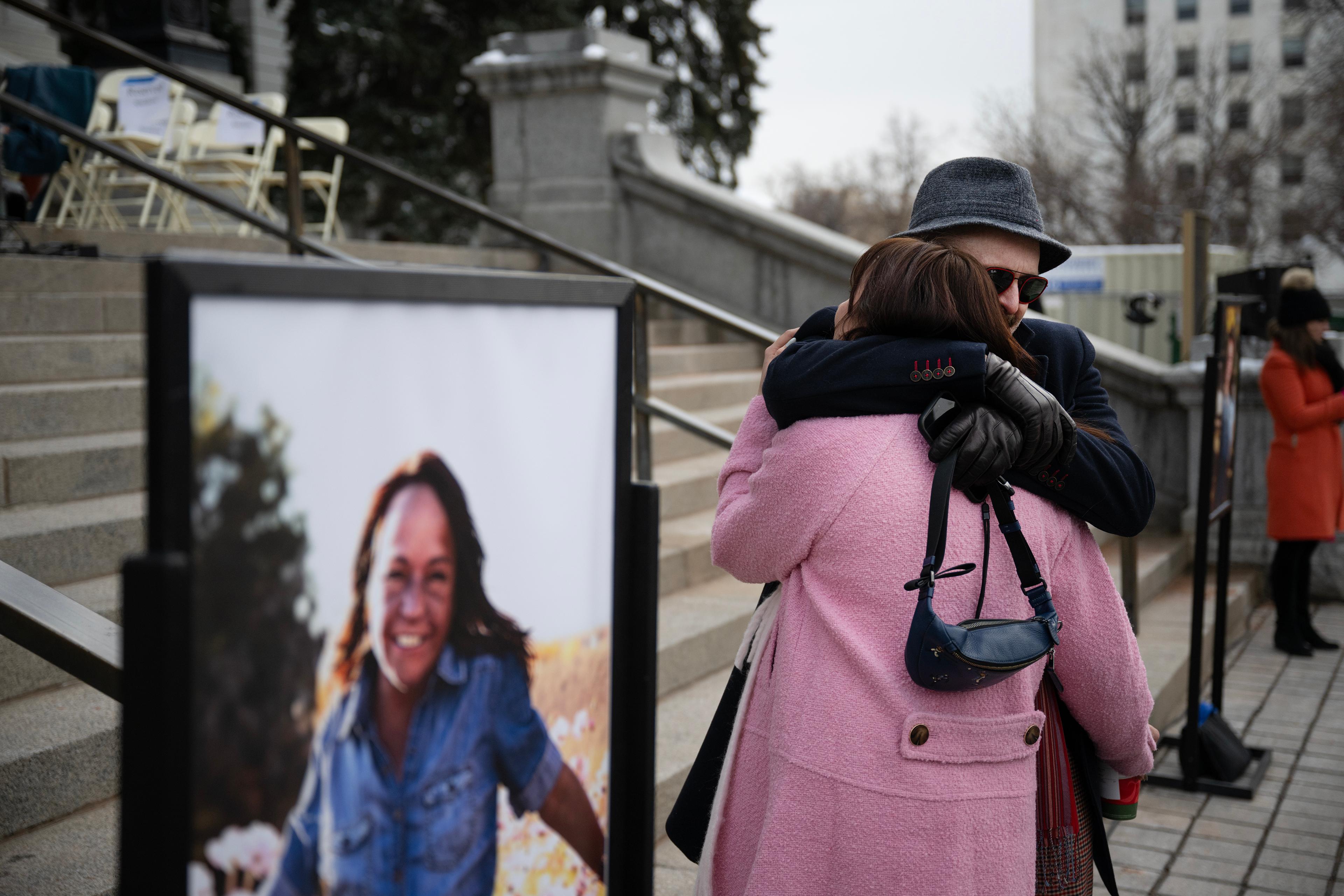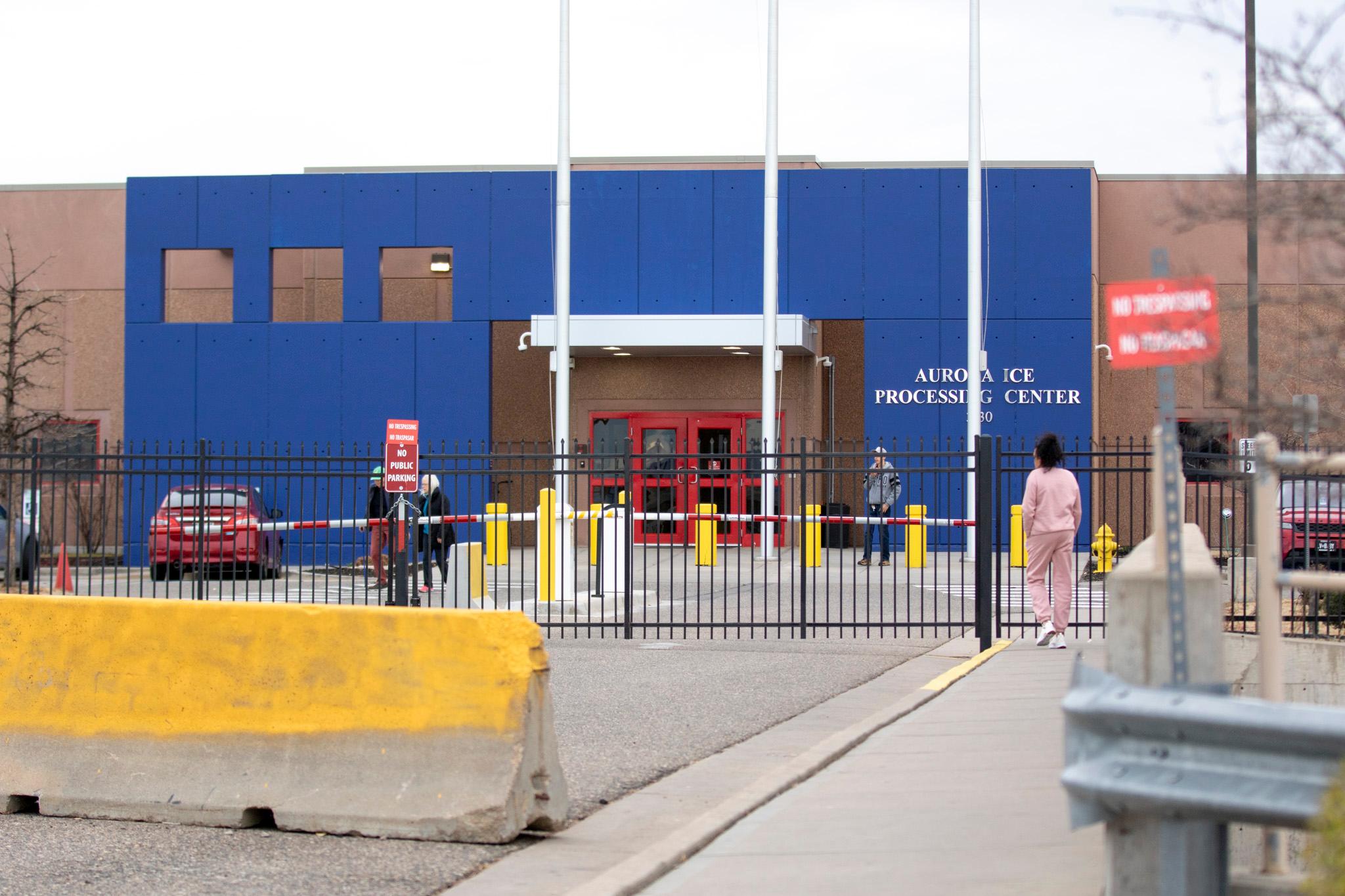
Molly Waterman and her family, who live in Lafayette, loved the one time a year that her small town in eastern Oregon had fireworks.
“I just have nothing but fond memories of fireworks, especially from when I was younger,” Waterman said. “It’s such a great community builder in a small town or small city and [people] can just ‘ooh’ and ‘ahh’ as they enjoy the show.”
Waterman remembers picnicking with her family and watching the show. Plenty of people love the July 4 holiday and traditional display of fireworks that light up the summer night. But not everyone likes the festive explosions.
There are concerns over the potential triggering nature of fireworks for people with post-traumatic stress disorder, and for those with fearful pets, the yearly tradition is stressful for both owner and animal. As communities continue to grow and change, new and former members clash over the summertime ritual.
“I don’t like to hear fireworks at all — it takes me back to being in combat,” said Robert Quillen, a Vietnam War veteran who lives in Centennial.
Every year, Quillen and his wife close up their windows and prepare for the Fourth of July fireworks show. They can see shows from all over the Western part of Denver’s suburbs, but they prefer not to hear the pops and booms.
“We can enjoy the sights,” Quillen said. “But not the sounds.”
Lexi Faulkner, who served in Iraq in 2004 and 2005, loves fireworks, but only when she knows they’re coming.
“As veterans we can distinguish between gunshots and different blasts and fireworks,” Faulkner said. “It’s just that it’s nerve-wracking and can wreak havoc and be a trigger for PTSD when they’re unexpected.”
For people with sensitive pets, the Fourth of July stirs up anxiety about how to calm and soothe a terrified pet.
Last year, the Denver Dumb Friends League received twice as many stray animals on the day after the Fourth of July, according to Maia Brusseau, the league’s public relations manager. The three days following July 4 are some of the busiest intake days of the year.
Brusseau recommends that pet owners ensure their pets are wearing collars with tags that have updated information or that the animal’s microchip is updated in case the pet escapes. Pet owners can use white noise and distractions such as a pet’s favorite treat or toy during a fireworks show. But, if the pet wants to hide under the bed, Brusseau said to let them.
“It’s a real fear,” she said. “We can’t explain to [our pets] that it’s nothing, they don’t understand that. It’s kind of no different from people who suffer from anxiety … All we can do is try to keep them as comfortable as possible.”
Aliza Wright, a longtime resident of Denver who has lived in and around the River North and Five Points neighborhoods has seen a lot of change in Denver. She’s found that as her community accepts new and more affluent members, the complaints about fireworks have gone up.
“We’ve had veterans in our neighborhood for as long as there’s been a military and black and brown soldiers were allowed to join. We’ve had veterans with PTSD,” Wright said. “Shooting survivors and violence survivors, that’s not something that’s new to our neighborhoods either. We’ve dealt with plenty of violence in our neighborhoods and people weren’t concerned about our mental health or our PTSD until they moved in and didn’t like the sound of the fireworks.”
Wright agrees that fireworks can be stressful for animals and hard to deal with if you have sleeping infant or child, but she said those issues have always been present for people in the community who have been dealing with seemingly constant construction and the noises of living in an urban neighborhood.
“People don’t bring up veterans and vulnerable communities until they want to use it to make their point,” Wright said. “They just don’t like the sound of fireworks.”









